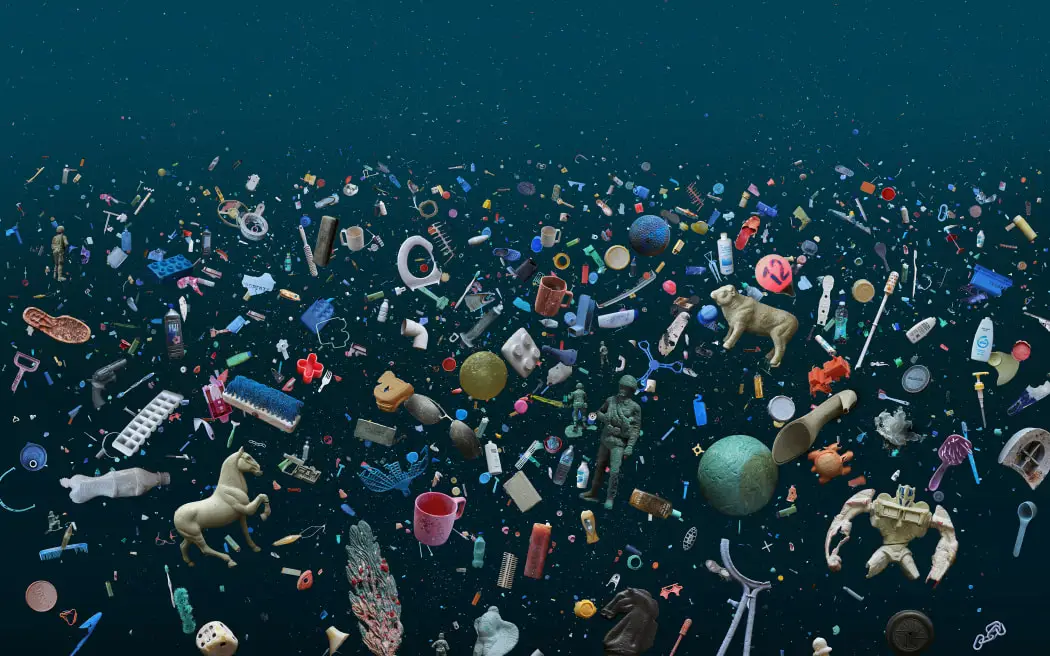The Plastic Pollution Treaty Fails to Pass at UN Talks
The recent United Nations plastic talks in Busan, South Korea, have ended without an agreement on a global treaty to curb plastic pollution. Fiji’s representative, Dr Sivendra Michael, has revealed that a small group of countries managed to derail the process by manipulating the rules of procedure and narrowing the scope of the treaty.
A Small Group of Countries Blocked the Deal
According to Dr Michael, fossil fuel and petrol chemical lobbyists flooded the negotiation, outnumbering delegates from Pacific small island developing states by more than double. This similarity to COP29, the UN climate change meeting in Azerbaijan last month, has raised concerns about the influence of powerful interests on international agreements.
“The dark arts of multilateral diplomacy” were used by a small group of countries to block the deal, Dr Michael said. “They achieved this by manipulating the rules of procedure and narrowing the scope of the treaty.”
Fiji’s Stance on Plastic Pollution
Fiji wants any future plastic deal to be more robust than previous international climate deals, which allowed nations to get away with not fulfilling their commitments. Dr Michael emphasized that Fiji cannot afford to make the same mistakes as in the Paris Agreement.
“We don’t want to make the same mistake when agreeing to this treaty,” he said. “In the plastics treaty, we are most adamant that we cannot have the same mistakes.”
The Future of Plastic Pollution Treaty
The failure of the plastic pollution treaty to pass at UN talks has raised concerns about the effectiveness of international agreements in addressing pressing global issues. As Fiji and other Pacific island nations push for a more robust deal, it remains to be seen whether future negotiations will yield a binding treaty that can curb plastic pollution effectively.
In conclusion, the collapse of the recent UN plastic talks highlights the challenges faced by international agreements in addressing complex environmental issues. With powerful interests often at play, it is essential to ensure that any future deals are fair and robust enough to make a real difference.

0 Comments